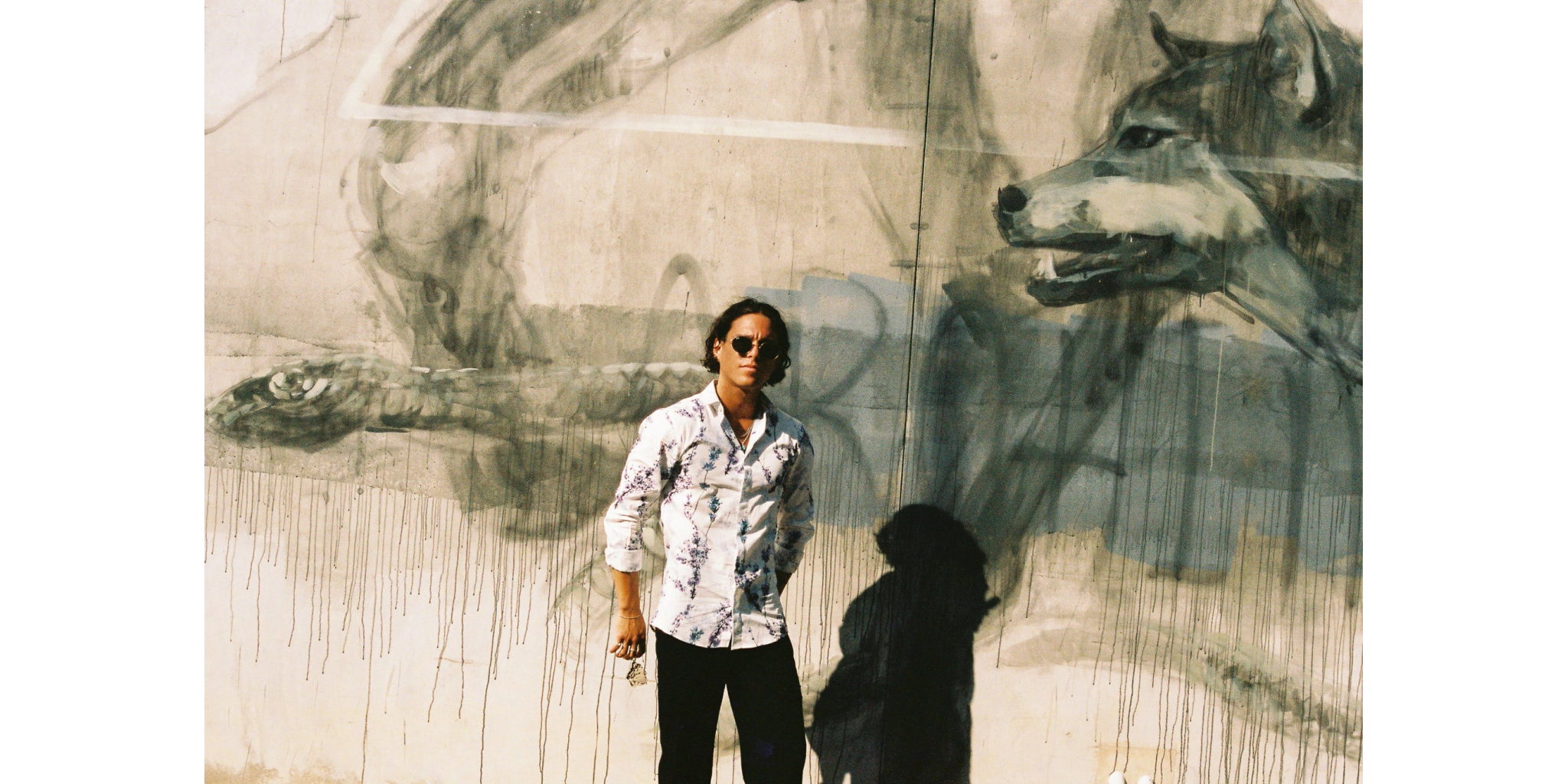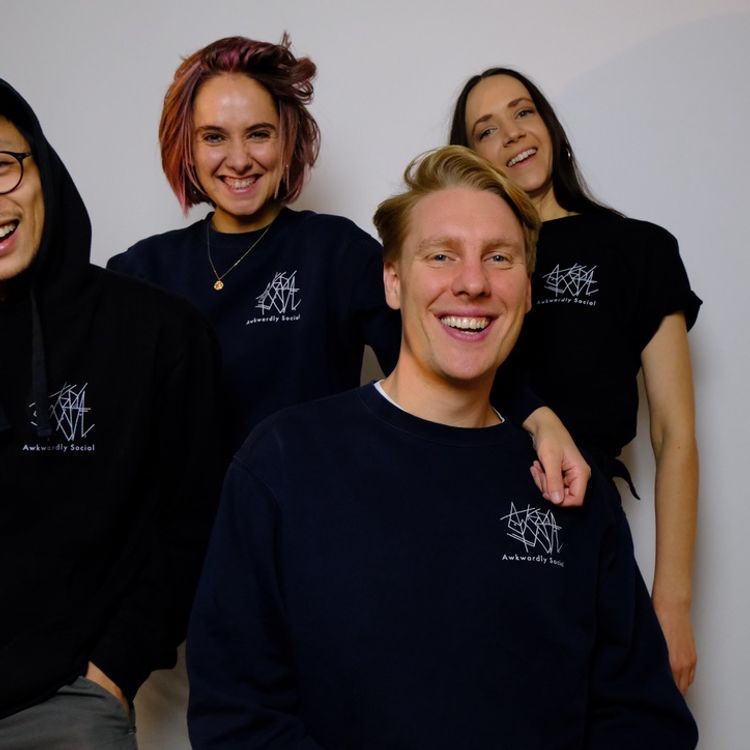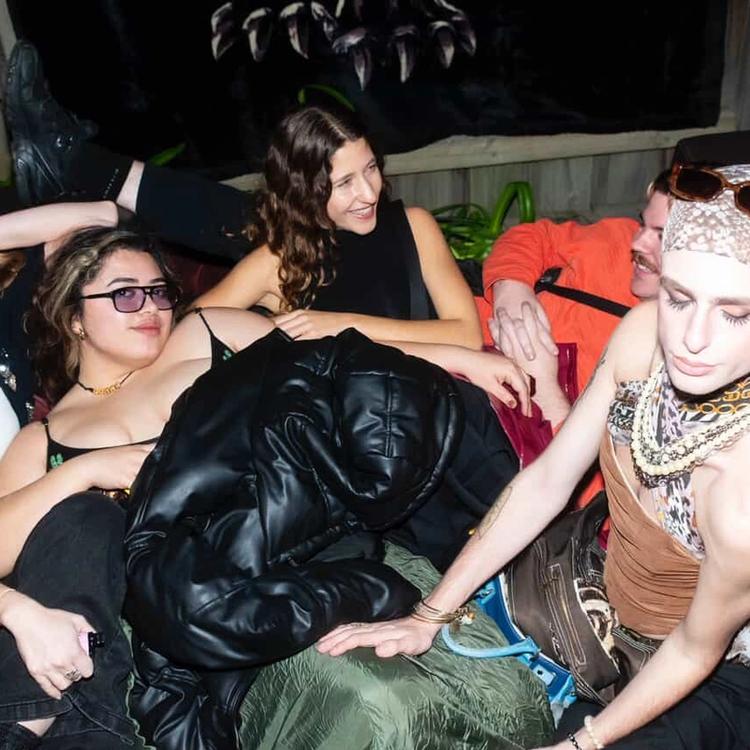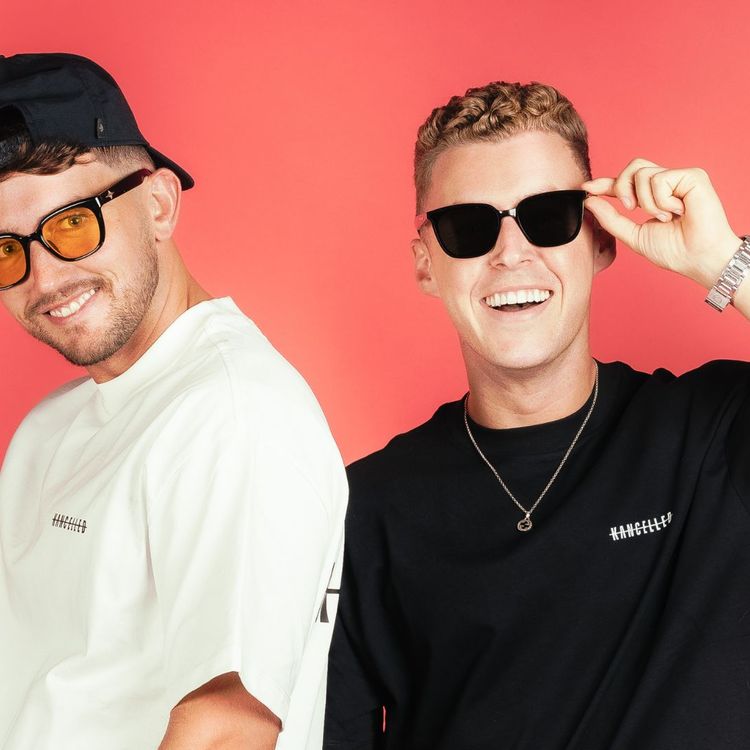From OC Waves to Electric Grooves: RAFI's Odyssey from Guitar to House
Can you tell us more about your early influences, especially when you were just getting acquainted with the Orange County waters?
My parents aren’t necessarily musically talented, however, they’ve always had great taste in music so growing up I listened to artists like Andrea Bocelli and Earth, Wind & Fire. These artist as well as many others subconsciously influenced my musical style in what I make today and I learned that music isn't doing its job if it doesn't make you move or feel a certain way.
Given the unique experiences you've had with both surfing and music, how do you believe these two worlds intertwine or intersect in your life?
Surfing and music production may seem different, but I’ve found they share a unique quality. Whether it’s catching a wave or writing music in my studio both activities put me in somewhat of a “flow-state”. My best surf and production sessions have been when I enter this state and limit all distractions around me.
What was the most memorable or impactful gig you played during your early career so far and why?
My most memorable show to date was a few weeks ago when I played one of the HARD Summer after parties at Academy LA. It was pretty rad to see the venue go from only a few people to a thousand within a short time and feeling the energy of the crowd intensify throughout my set. Part of what made this gig so memorable was that after opening the up the room for John Summit, I was able to play the last 30 minutes of the night. This last half hour was one of the most eventful moments of my DJ career. I fed off the energy in the club and played some of my favorite tracks to my biggest crowd yet. Academy has always been a bucket list venue for me so being able to play it felt great.

How did your transition from the guitar to electronic music feel? Were there any moments of doubt or resistance?
My transition from guitar to electronic music felt pretty natural. In high school, I took a music production course that opened my eyes to what music was. As an instrumentalist/guitarist, I was bound to a certain amount of chords and notes to play. But in the electronic/house music realm, there are no fundamental limitations. I was able to create sounds from nothing and have the ability to make art from a blank canvas. So once I discovered production there wasn’t much resistance or doubt that I wanted to pursue electronic music.
What did your parents and close friends think about your shift from traditional instruments to electronic music production?
At first, my parents and friends were a little confused why I wanted to pursue electronic music, given the many years I had devoted to the electric guitar. However, once they saw my passion for electronic and house music quickly develop in college, they motivated me to become the best producer I could be and gave me all the tools I needed to succeed. They all supported my new journey of becoming a house artist and attended some of my first gigs in LA.

As someone who's played both in bands and as a DJ, what differences in audience engagement and reaction have you noticed between the two settings?
I found that nothing competes with the energy level of a crowd during a DJ set. Part of the reason comes from house music fundametals and overall music production. The low frequencies of the bass in house music rattle you, making you feel a sound that can’t be replicated with traditional band instruments unless you add an electronic element. Audiences that attend band concerts are there for the music, but I think electronic music can offer an enhanced experience to the audience.
How did being in a university setting and fraternity environment shape your musical aspirations and sounds?
My university had a big party culture and most students really embodied the 'work hard, play hard’ mentality. So after djing my first fraternity tailgate and seeing how pumped the crowd got whenever I played my favorite house music, I knew I wanted to pursue this genre. I got nothing but great feedback after each set in college which made me confident in pursuing this as a career.
You mentioned not wanting to get caught up in the corporate world despite pursuing business administration. How do you believe your business knowledge has benefitted your career trajectory?
In business school, you are taught the core principles of pursuing a career in any industry. Business knowledge and problem-solving skills have definitely allowed me and my manager to push my project further. In addition, learning about effective communication has been vital in this industry. My manager and I consistently brainstorm ideas and communicate with one another to make sure my music and project are the best that they can be!
Can you describe the moment or interaction that led you to your relationship with your manager, Wyatt at USC?
Wyatt and I first met while we were pledging a fraternity at USC. One of the first house tracks I listened to was a record he showed me from Tchami’s Confessions label back in 2016. The song blew my mind and made me want to dive deeper into this realm of electronic music. He had been into house music since he was young and formally introduced me to the genre. Throughout college our passion and love for house music grew, ultimately leading us to pursue it together once we graduated.
How did you pivot or adapt your music style and production methods during the pandemic?
The pandemic was a blessing in disguise for me in terms of music production. During that time, talented producers were livestreaming on Twitch, dissecting their projects, explaining how they created their tracks. Since I never was formally taught how to make house music, I was able to use the free time I had durin the pandemic to develop my production skills. Livestreams played an integral role in teaching me the art of production. I learned the importance of sample selection, audio processing, and different arrangement techniques, which quickly elevated the quality of my production and music.
Have artists other than Disclosure influenced your production techniques with their methods or approach?
Chris Lake was also an artist who conducted these live streams during the pandemic. I was amazed when I saw that some of his biggest hits only contained 30 tracks in his project file. He stressed the importance of sample selection and keeping tracks simple and highlighted some fascinating production techniques I had yet to learn. By watching his production walkthroughs, I adopted a less is more approach to my production which expedited my creativity.
Are there dream labels you're aiming to work with, or perhaps ones you might already have something in the works with that you can hint at?
I’ve always wanted to release music on like Solid Grooves, Revival, and Defected. These labels continue to release tracks that resonate with me and my style. I have various projects in the works right now and am always looking to find the right home for my finished tunes.
How do you envision your sound evolving in the next 5 years?
A producer's ability to evolve their sound as they grow is extremely important in my opinion. In the next five years, I can’t predict where the scene will move, but I definitely want to stay true to myself while adapting to the present culture and always allowing for listeners to recognize my music.
Considering your lifelong passion for music, are there any genres you'd like to incorporate into your sound?
I am always thinking how to incorporate new elements into my sound. For example, a progressive/melodic house track that highlights guitar melodies is something I’d love to create in the near future. One of my career goals is to create an emotional record that takes the listener on a musical journey and perfect for a festival environment.
You mentioned the support of your family and manager. Can you share a story where their support was pivotal to a decision or direction in your career?
From the early stages of my musical career, my parents have always seen my intense passion for music and provided me with the tools I needed to create it. More recently, I made a song that I thought was cool but didn’t know how people would necessarily react to it. When Wyatt heard the track, he loved the groove and pushed me to finish the record. It ended up being my track Pay which released on Off the Grid Records a few months later. The song ended up getting signed and released because he believed in the track and motivated me to finish it, proving to me why a good team is critical in this industry.
Which global festivals are on your bucket list besides EDC?
Some other global festivals on my bucket list include Tomorrowland, Ultra, Creamfields, Elrow, and the Music On Festival.
Looking back at your journey from a young guitar enthusiast to a rising new artist in the house music community, what advice would you give to new artists who are trying to find their unique sound?
I would say always remain true to the sound you love, and remember why you first fell in love with music. It's easy to compare yourself to other artists but everyone has their own unique journey.
Also continue to grind and have a strong work ethic while experimenting; there's no right or wrong way to create music. People will always gravitate to your passion, so create whatever makes you the happiest.
Lastly, staying organized helps expedite creativity. Save your favorite samples and presets and implement them into your projects so that you begin to build a more consistent sound.








